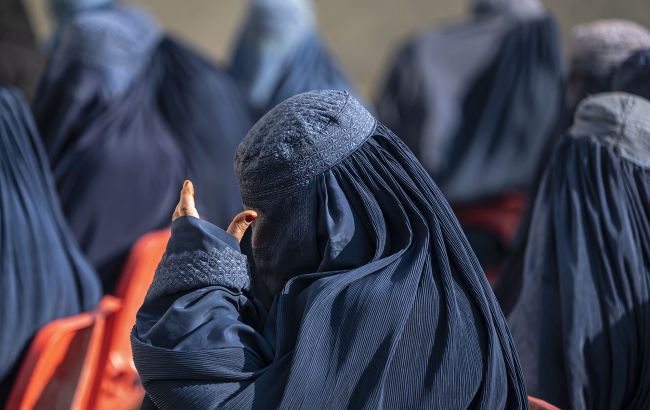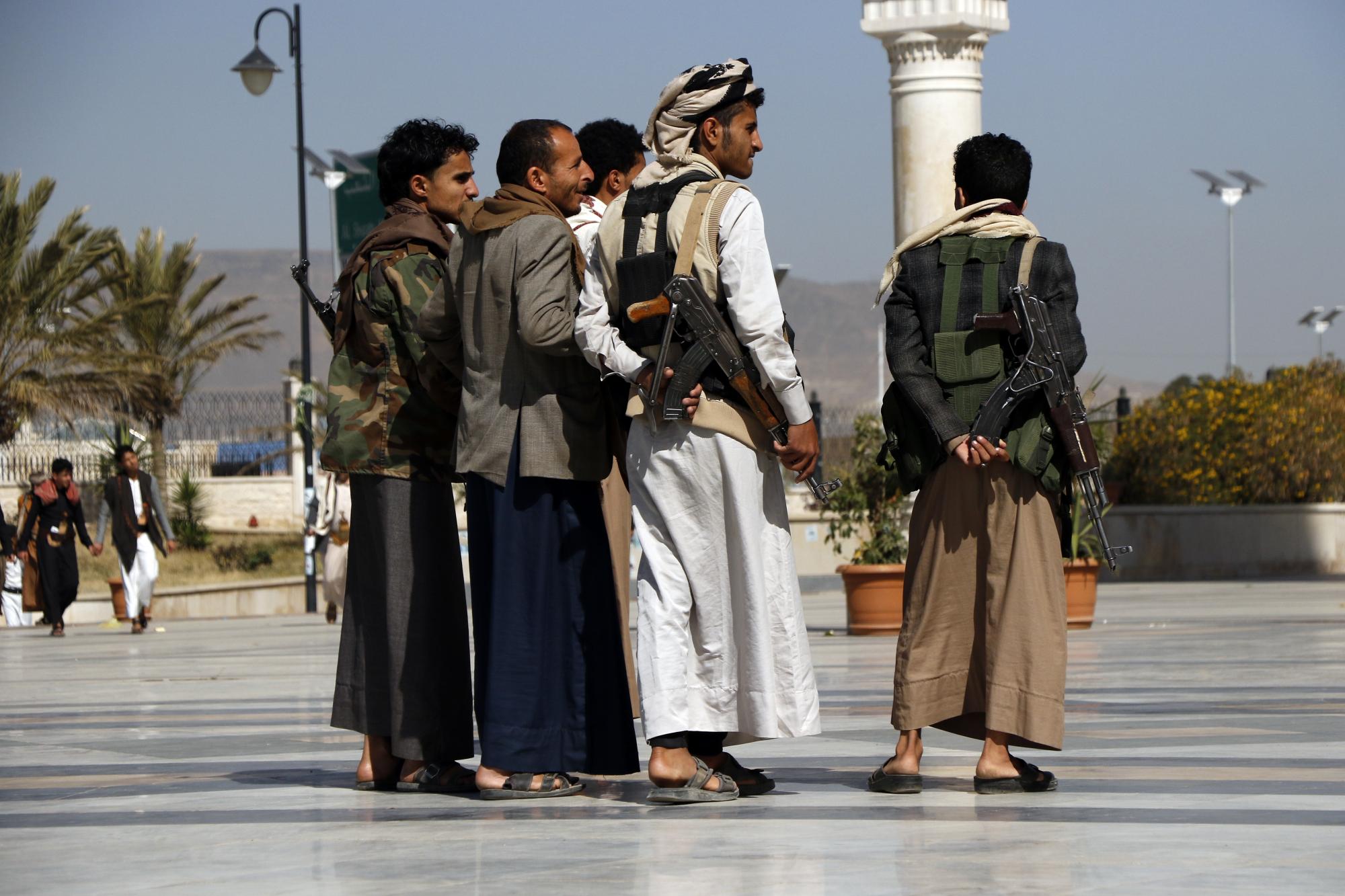UN says Taliban tightens restrictions on single women of Afghanistan
 Taliban tightens restrictions on single women of Afghanistan (Illustrative photo: Getty Images)
Taliban tightens restrictions on single women of Afghanistan (Illustrative photo: Getty Images)
The Taliban, a militant organization in power in Afghanistan, is putting more limitations on unmarried women or those without a male guardian, prohibiting them from working, traveling, or getting healthcare, says a recent U.N. report, according to AP News.
The Taliban has already restricted women from many public activities, closed beauty salons, and stopped girls from going to school after sixth grade. It implemented stringent rules like dress codes and even arrested women who didn’t wear hijab. They even issued a decree strongly proposing women to wear a full burqa, which fully covers the bodies and faces of Muslim women, only showing their eyes in public.
In the latest U.N. report covering October to December, it is mentioned that the Taliban are getting tougher on single women or those without a male guardian, mahram. While there are no official laws about male guardianship in Afghanistan, the Taliban insist that women cannot travel without a male relative. Women also have been arrested for buying contraception, even though the Taliban has not officially banned it.
In some cases, female healthcare workers were detained for going to work without a male by the vice and virtue ministry, a state agency established by the Taliban that is in charge of implementing Islamic law. In Paktia province, it has stopped women without male guardians from accessing health facilities since December.
In another example of freedom restrictions, a woman was told to get married if she wanted to keep her job at a healthcare facility.
 Taliban tightens restrictions on single women of Afghanistan (Getty Images)
Taliban tightens restrictions on single women of Afghanistan (Getty Images)
The ministry is also checking women's compliance with hijab and male guardian requirements in public places. It is conducting inspections to ensure women have a male guardian when visiting public places, offices, and educational institutes. Representatives of the institution even went to a bus terminal in Kandahar province to make sure women were not traveling long distances without male guardians.
Taliban's rule in Afghanistan
The main spokesperson for the Taliban, Zabihullah Mujahid, says the U.N. report is just a "misunderstanding." He accused the mission of not paying attention to or criticizing Islamic law, called Shariah.
He states that since Afghanistan has an Islamic government now, "it must fully implement all aspects of Shariah (Islamic law) for both men and women.”
"If UNAMA criticizes these cases or considers explicit Islamic rulings as an act against human rights, then it is an insult to the beliefs of a people,” he stated.
The Taliban's ideology includes Pashtun nationalism and Islamic fundamentalism. They controlled about three-quarters of the country between 1996 and 2001 but were removed after the American invasion. The Taliban took over Kabul again on August 15, 2021, after most foreign forces left.
Now they run the entire country, implementing anti-human laws, especially for women and girls, as the fundamentalists limit strictly their ability to work and get an education. No country officially accepts their government and the Taliban's leadership has been criticized worldwide for limiting people's rights in Afghanistan.

